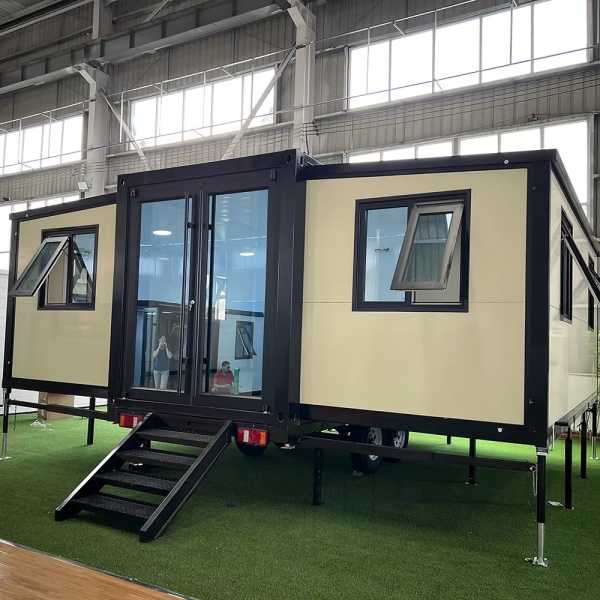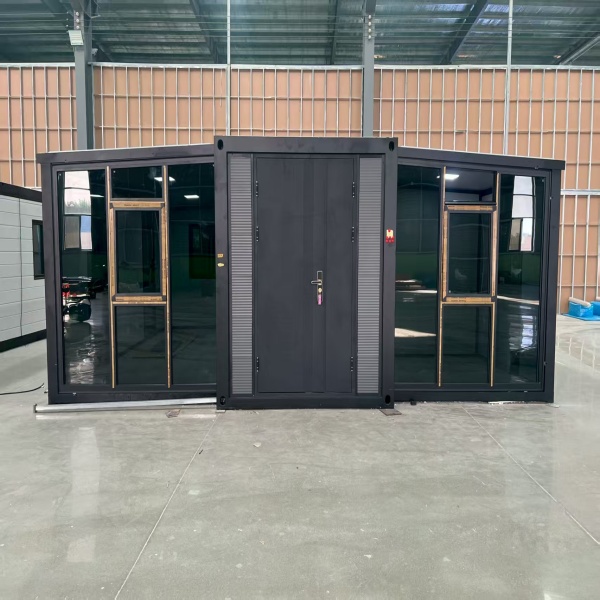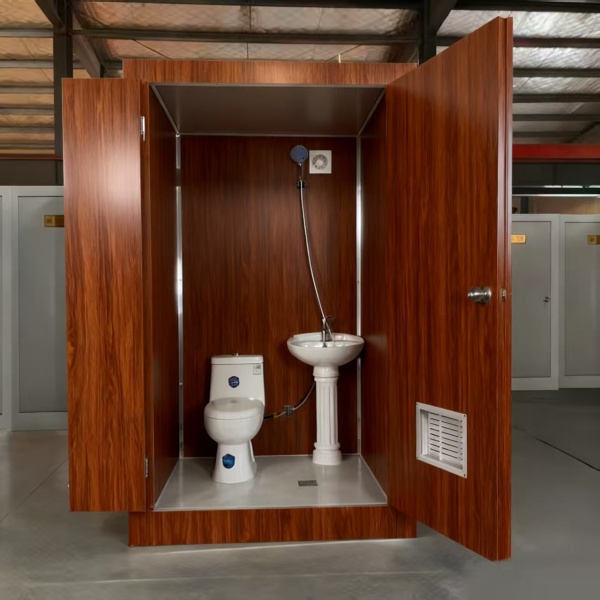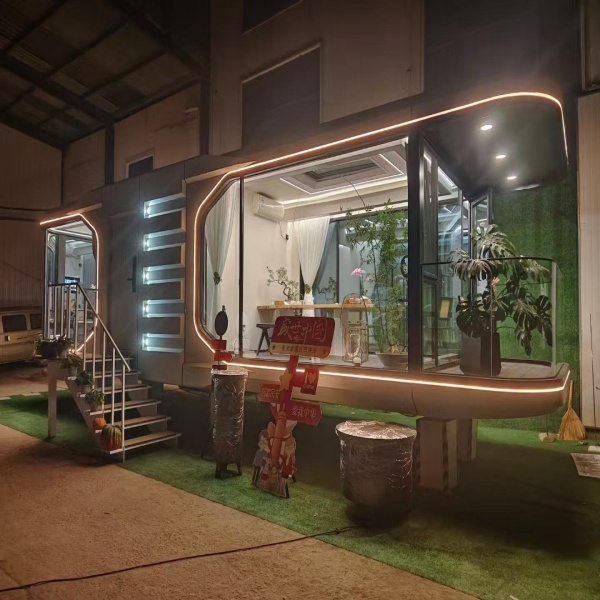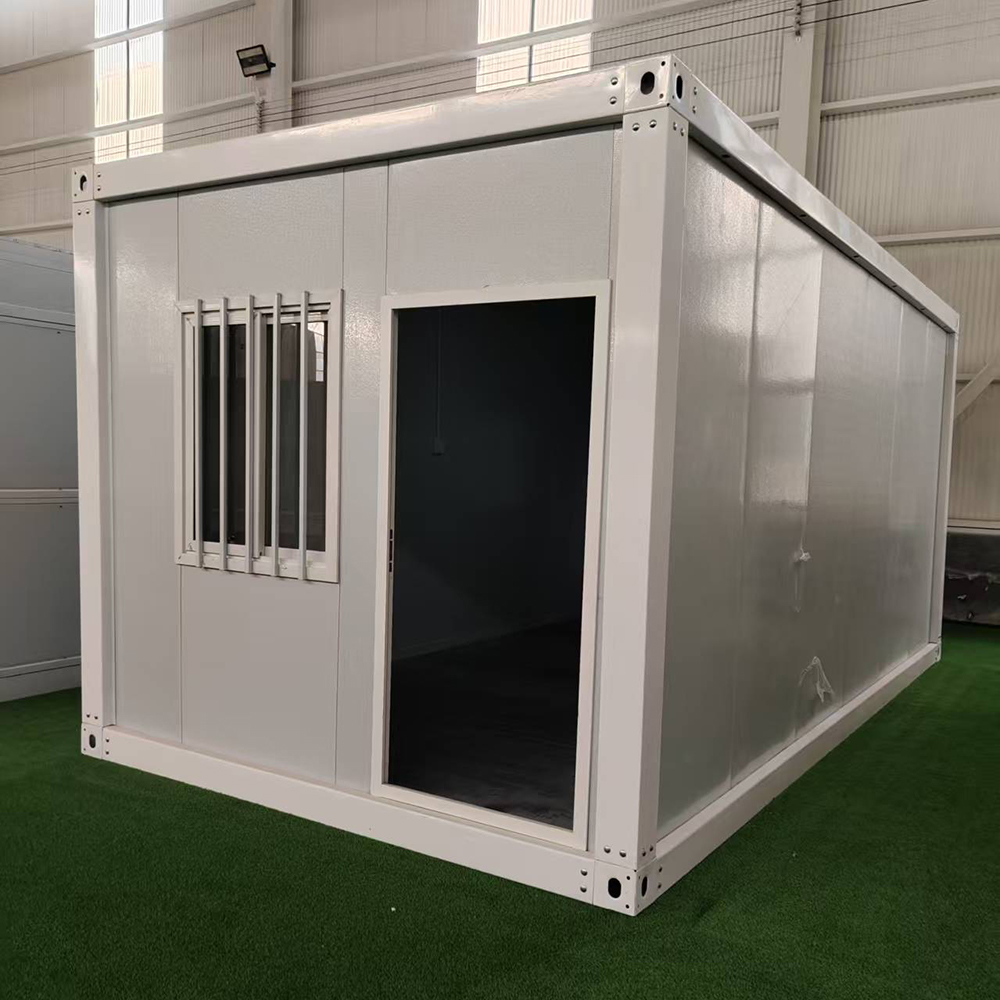-
E-mail
Austin120521@outlook.com -
E-mail
sales@jujiuhouse.com -
Telephone
+86-17864099991 -
Telephone
+86-17854044442
- Chinese
- French
- German
- Portuguese
- Spanish
- Russian
- Japanese
- Korean
- Arabic
- Irish
- Greek
- Turkish
- Italian
- Danish
- Romanian
- Indonesian
- Czech
- Afrikaans
- Swedish
- Polish
- Basque
- Catalan
- Esperanto
- Hindi
- Lao
- Albanian
- Amharic
- Armenian
- Azerbaijani
- Belarusian
- Bengali
- Bosnian
- Bulgarian
- Cebuano
- Chichewa
- Corsican
- Croatian
- Dutch
- Estonian
- Filipino
- Finnish
- Frisian
- Galician
- Georgian
- Gujarati
- Haitian
- Hausa
- Hawaiian
- Hebrew
- Hmong
- Hungarian
- Icelandic
- Igbo
- Javanese
- Kannada
- Kazakh
- Khmer
- Kurdish
- Kyrgyz
- Latin
- Latvian
- Lithuanian
- Luxembou..
- Macedonian
- Malagasy
- Malay
- Malayalam
- Maltese
- Maori
- Marathi
- Mongolian
- Burmese
- Nepali
- Norwegian
- Pashto
- Persian
- Punjabi
- Serbian
- Sesotho
- Sinhala
- Slovak
- Slovenian
- Somali
- Samoan
- Scots Gaelic
- Shona
- Sindhi
- Sundanese
- Swahili
- Tajik
- Tamil
- Telugu
- Thai
- Ukrainian
- Urdu
- Uzbek
- Vietnamese
- Welsh
- Xhosa
- Yiddish
- Yoruba
- Zulu
- Kinyarwanda
- Tatar
- Oriya
- Turkmen
- Uyghur

Buy homes that fold out
The Appeal and Realities of Homes That Fold Out
Curiosity often springs from intriguing innovations like homes that fold out. Aptly named, these structures promise mobility, flexibility, and perhaps a degree of whimsy. Realistically, however, dissecting the actual benefits and potential pitfalls of such ventures is crucial for making informed decisions.
What Exactly Are Fold-Out Homes?
At their core, fold-out homes are dwellings that transform from compact, easily transportable units into full-fledged living spaces. An intriguing concept, certainly, and there's a definite niche for them among travelers, adventurers, and those seeking rapid deployment housing solutions. Think of them as the Swiss army knives of residential options, offering utility in constrained environments.
Yet, the first-time encounter can be misleading. For instance, expectations often clash with reality in terms of space utility. While promotional materials showcase airy spaces unfolding seamlessly, real-world physics and engineering limit design possibilities. Expanding a unit on uneven terrain, for example, presents its own range of practical challenges.
One personal account comes to mind: a client attempting to install on a sloped surface found himself entangled in unexpected complexity. Foundations, even temporary ones, make or break the deployment of fold-out homes.
Insights from Industry Leaders
Firms like Shandong Jujiu Integrated Housing Co., Ltd. (see more at their website) highlight the versatility and practicality through their various offerings. Specializing in integrated housing, they leverage advances in materials and design. Notably, their approach extends beyond merely folding structures, integrating elements of light steel villas and steel structure engineering into some designs.
Such enterprises underscore an important lesson: a holistic understanding of materials and structural integrity is essential. Not every fold-out home is created equal. Innovations in materials, like advanced composites, play a pivotal role in enhancing the durability and efficiency of these homes.
Industry leaders are increasingly looking towards sustainability, a factor not traditionally emphasized in portable living spaces. Approaches that reduce waste and energy consumption align with a growing market of eco-conscious consumers.
The Practicality of Fold-Out Homes
The practical aspects of implementing these homes in various environments merit consideration. It's one thing to set them up in an exhibition or a controlled environment, and quite another to navigate unexpected weather patterns or isolation.
Transportation logistics also factor heavily into real-world application. A notable hurdle is the inevitable trail of regulations concerning mobile or temporary dwellings, often varying significantly by region. Navigating these regulations demands attention to legal agreements and a readiness to adapt designs to fit different jurisdictions.
Moreover, upcoming trends suggest an integration of smart technologies into fold-out designs. These advances promise not just space, but intelligent, adaptable environments merging conveniently with digital lifestyles.
Tricks of the Trade
From a practical viewpoint, successful deployment often comes down to seemingly trivial decisions. Take thermal efficiency, for instance. Insulation quality significantly influences utility costs and comfort. In highly variable climates, opting for superior insulation initially can save considerable effort and expense later.
Customization is another asset. Companies like Shandong Jujiu Integrated Housing Co., Ltd. offer options that can cater to specific needs, from additional storage solutions to specific interior finishes. These custom touches can transform a utilitarian shelter into a personalized retreat.
Learning the nuances of air exchange systems is another lesser-discussed area. Effective airflow management prevents moisture buildup—crucial in compact, enclosed spaces. Ignoring ventilation can quickly transform a cozy atmosphere into a stifling one.
Looking Ahead: The Future of Fold-Out Homes
It's clear that the demand for adaptable, resilient housing is on the rise. With urban centers growing denser and the desire for multifunctional living spaces increasing, homes that fold out are poised for more mainstream adoption.
Research and innovation continue to push the boundaries. Advancements in lightweight, robust materials and automated systems open new doors for creativity and efficiency. The inclusion of renewable energy systems could further enhance these homes' appeal.
Ultimately, while they may not suit every lifestyle, the vibrant future of fold-out homes lies in their ability to adapt and inspire. Those willing to explore and innovate will likely find themselves at the forefront of not just a trend, but a meaningful shift in how we view and interact with the places we call home.
Related products
Related products
Best selling products
Best selling products-
 Detachable Design Prefabricated Container House Portable Modular Office Building Folding Container House
Detachable Design Prefabricated Container House Portable Modular Office Building Folding Container House -
 Hot-selling foldable container houses, expandable prefabricated houses, suitable for office or living use, with fast delivery.
Hot-selling foldable container houses, expandable prefabricated houses, suitable for office or living use, with fast delivery. -
 Customized Two Wing Folding Expandable Container House
Customized Two Wing Folding Expandable Container House -
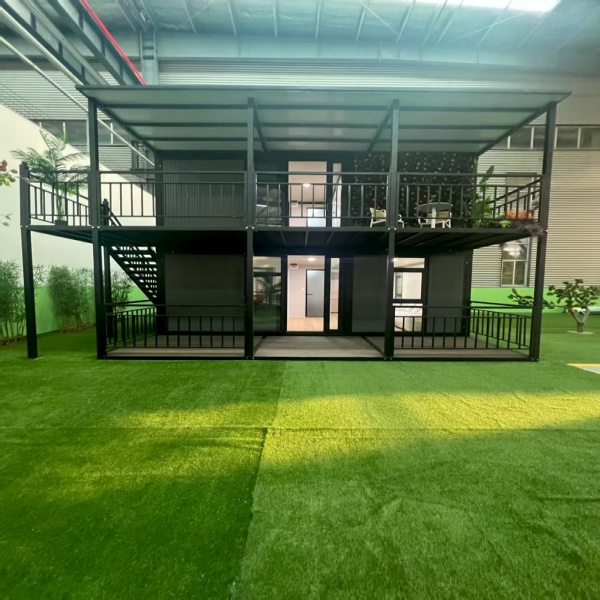 Luxury foldable two-story container houses in luxury resort hotels and villa hotels
Luxury foldable two-story container houses in luxury resort hotels and villa hotels -
 Waterproof folding container house – mobile accommodation for campsites/scenic spots
Waterproof folding container house – mobile accommodation for campsites/scenic spots -
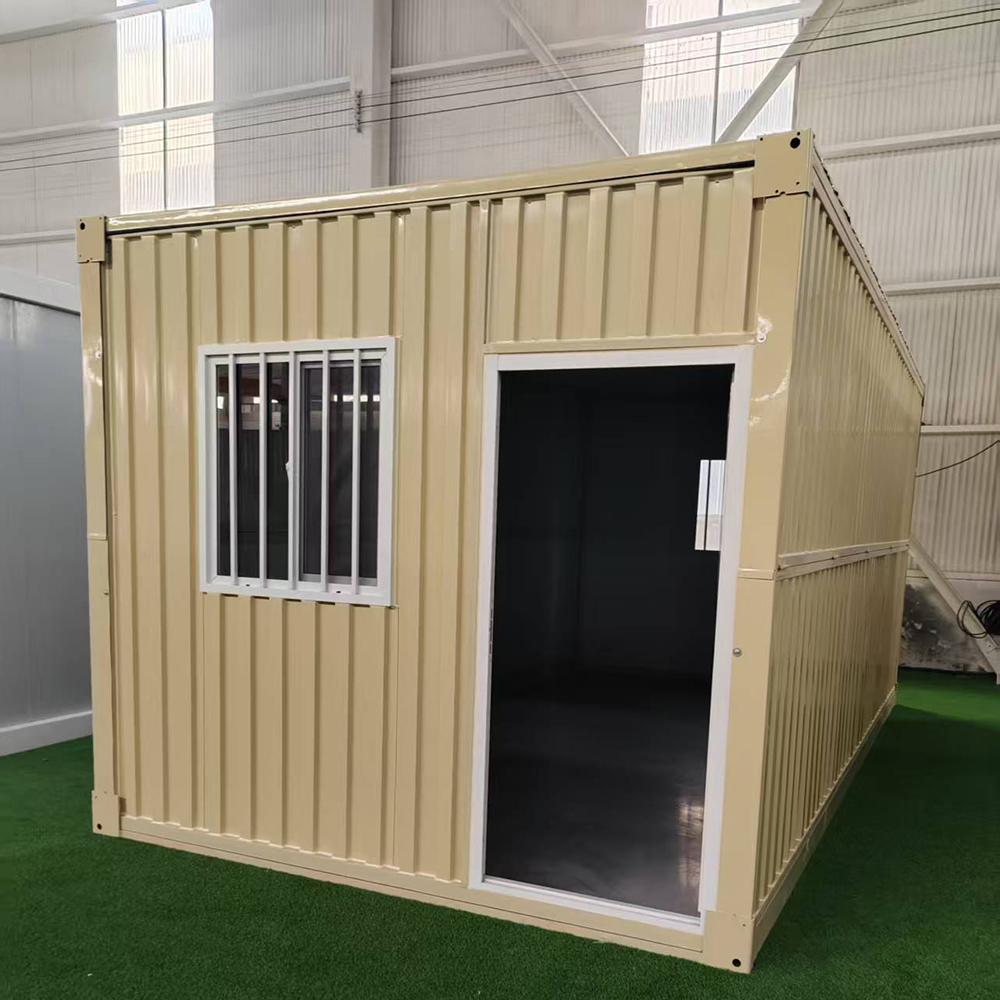 Competitive Price Portable Container House Foldable Container Mobile Living Modular Homes
Competitive Price Portable Container House Foldable Container Mobile Living Modular Homes -
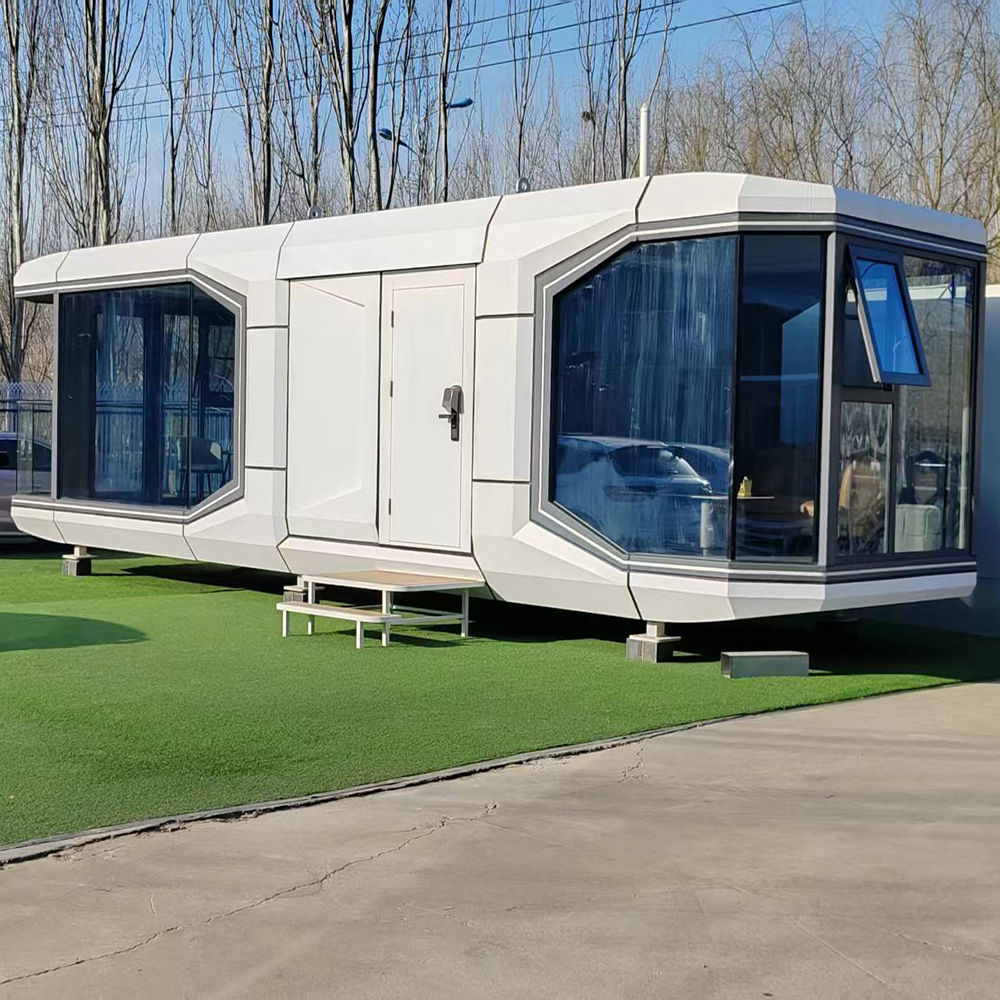 Luxury High Quality 2 Bedroom Container Home Prefabricated Steel Space Capsule for Office Shop Hotel or Outdoor House
Luxury High Quality 2 Bedroom Container Home Prefabricated Steel Space Capsule for Office Shop Hotel or Outdoor House -
 Movable Prefabricated Container House Villas Modular Portable Homes 1 Bedroom Container House Offices Apartments
Movable Prefabricated Container House Villas Modular Portable Homes 1 Bedroom Container House Offices Apartments -
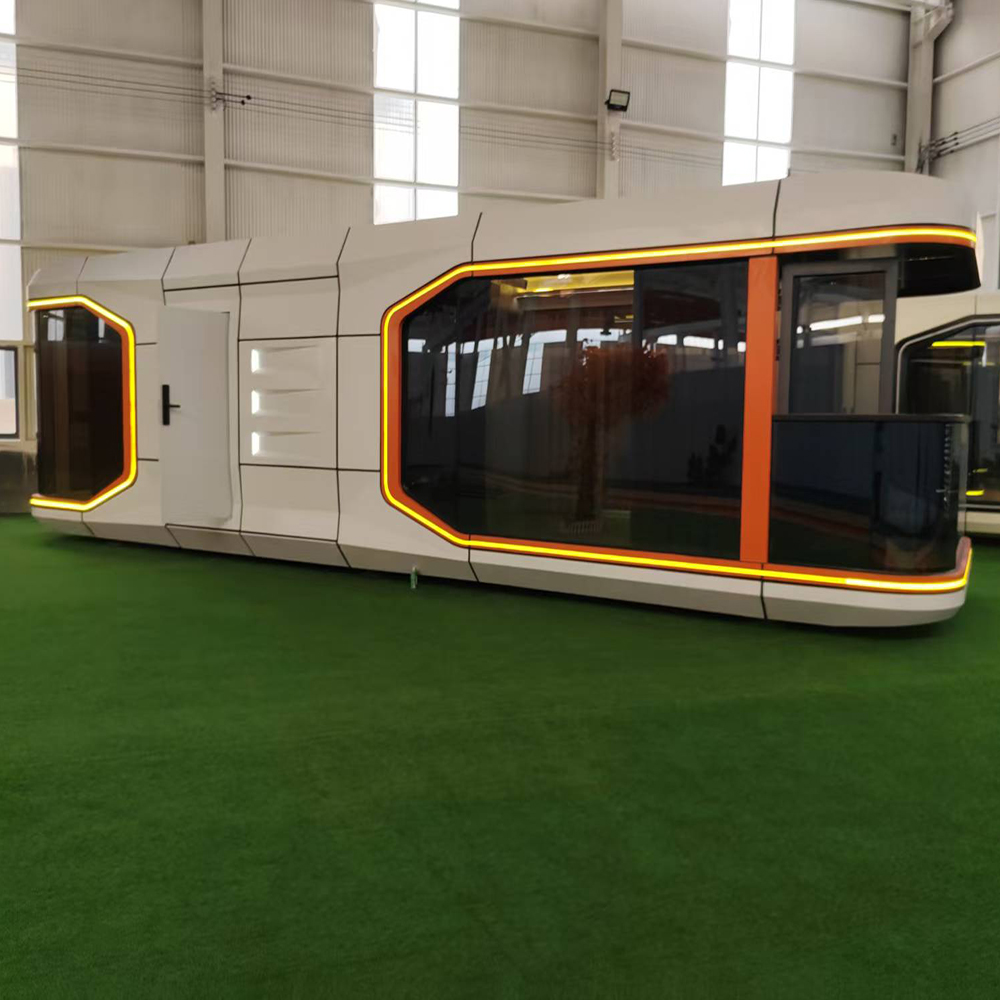 Standard Modern Camping Pod Space Prefabricated Portable Mobile Capsule Room Hotel Bathroom Prefabricated Spaceship House
Standard Modern Camping Pod Space Prefabricated Portable Mobile Capsule Room Hotel Bathroom Prefabricated Spaceship House -
 Dual-Wing Folding Container House: Fast Assembly, Space-Saving & Multi-Scene Adaptable
Dual-Wing Folding Container House: Fast Assembly, Space-Saving & Multi-Scene Adaptable -
 Easy Install Customized Detachable Container Homes Extendable House Prefab 2 Floors Expandable Container House
Easy Install Customized Detachable Container Homes Extendable House Prefab 2 Floors Expandable Container House -
 Customized Expandable Container House Holiday Home Folding Prefab Container House with Bathroom and Kitchen
Customized Expandable Container House Holiday Home Folding Prefab Container House with Bathroom and Kitchen
Related search
Related search- prefab shipping container house
- China foldable tiny home house expandable container casa
- folding container house
- apple barn cabins
- container houses prefabricated homes modern prefab modular house
- Buy prefab cabin container house
- China folding container house price
- fold out shipping container homes
- foldable container house price
- Buy container houses prefabricated homes modern prefab modular house









